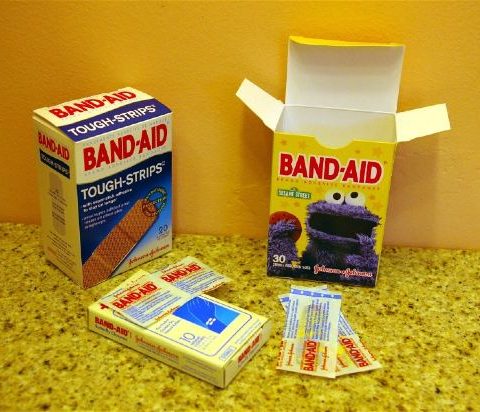Wound care has evolved significantly over the years. Med City News takes a look at the changes in the procedure in a recent article titled “The evolution of wound care and the high stakes of wound treatment.”
James Calder of Med City News writes, “While Americans were sleeping or worrying about a million other things that are completely out of their control, the chronic wound disaster quickly snuck up on us all. Approximately 6.5 million Americans are affected by advanced non-healing wounds each year. Healthcare professionals already know how serious these wounds are for patients especially in diabetic, obese, PAD, and elderly patients. Unfortunately, the general public is not so informed… Traditional wound care management has changed greatly over the years. For decades most management companies took the approach of one size fits all for operating wound centers. It meant that hospitals all spent a fixed rate for all of the wound care services offered by the management company, whether they needed them or not. This has changed with modern wound care management, which allows hospital executives to pick and choose the tools and resources needed to run the wound center themselves. This approach is making wound centers more affordable for smaller rural hospitals, where healing by wound specialists is most needed.”
The Huffington Post examines the personal nature of wound care in a recent article titled “When Wound Care Management Gets Personal.” On behalf of the Huffington Post, Calder writes, “It’s the simple things, like how on my parents first visit to the wound center, the staff refused to send my parents home with any supplies, even when my mom told them that the wound care nurse would not be returning to their house for several days and they had no bandages left. I understand that policies are in place to save money, but common sense has to override in situations like this. It’s especially important for wound center clinical teams to understand that their patients may be going through intense physical and emotional trauma while they are having their wounds treated in your center. Like my parents, they might have cancer appointments and other healthcare visits every single day of the week. Patients like my dad have zero time for misinformation.”
When it comes to wound care, you need a surgeon you can trust. Rex E. Moulton-Barrett, M.D. is internationally known and acknowledged. He is board certified with The American Board of Plastic and Reconstructive Surgery and The American Board of Otolaryngology-Head and Neck Surgery.
Dr. Moulton-Barrett offers a variety of wound care procedures, including surgery, hyperbaric oxygen therapy, bioengineered skin substitutes, specialized wound-specific dressings, and dietary and nutrition consultations.
Once a wound heals, plastic surgery can be performed to reduce scarring and help restore function. Because a variety of procedures can be performed, your individual recovery instructions may vary.
If you’re considering a wound care procedure, contact us for a consultation.


